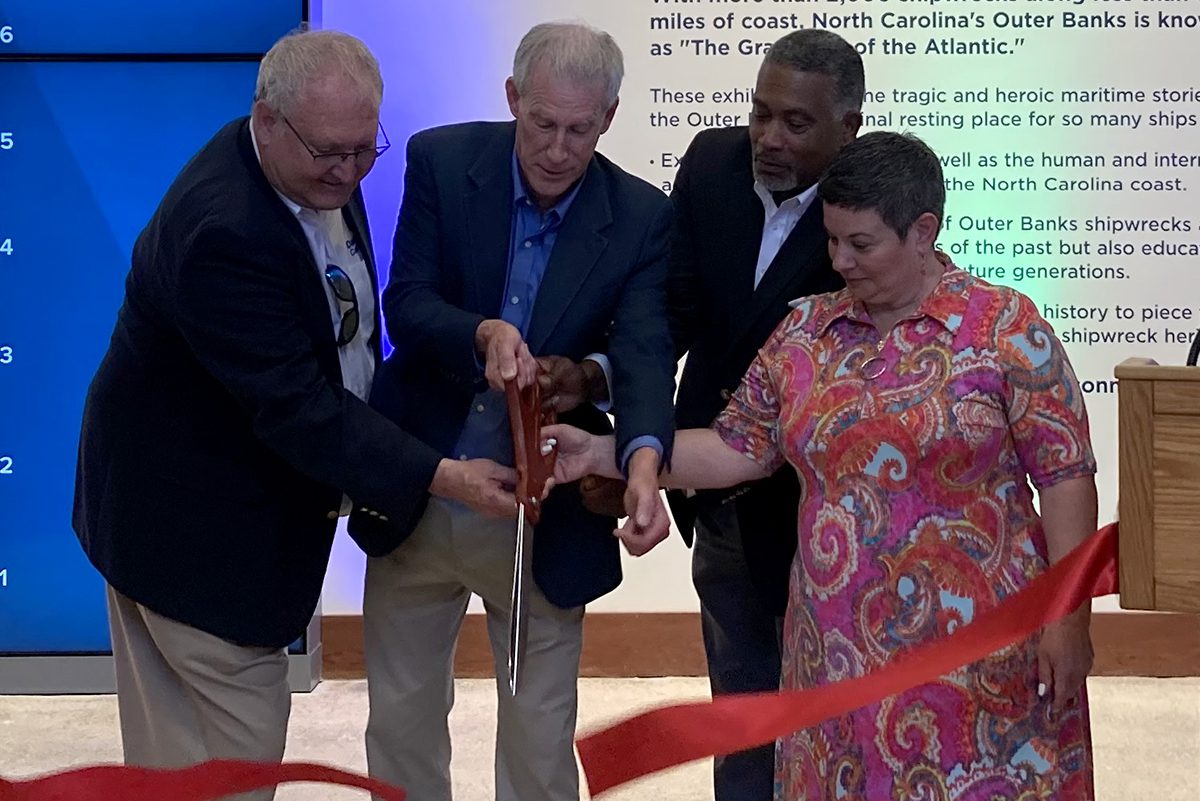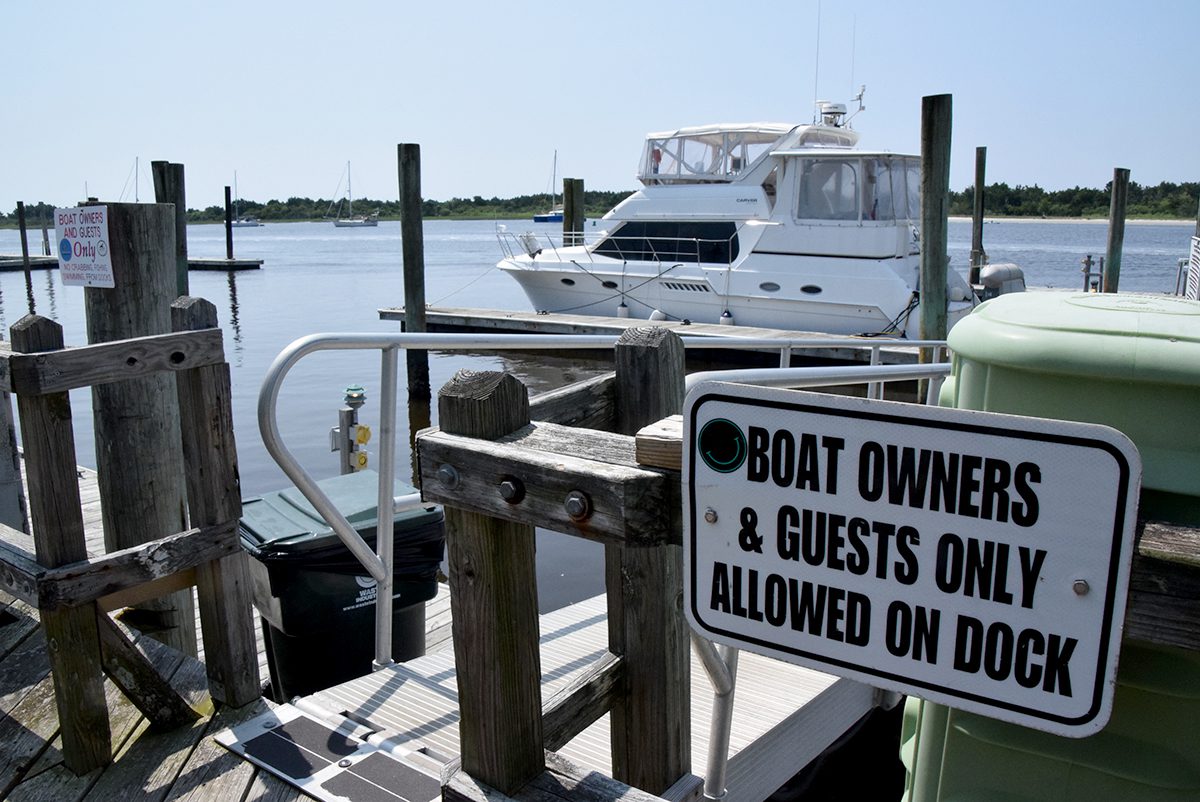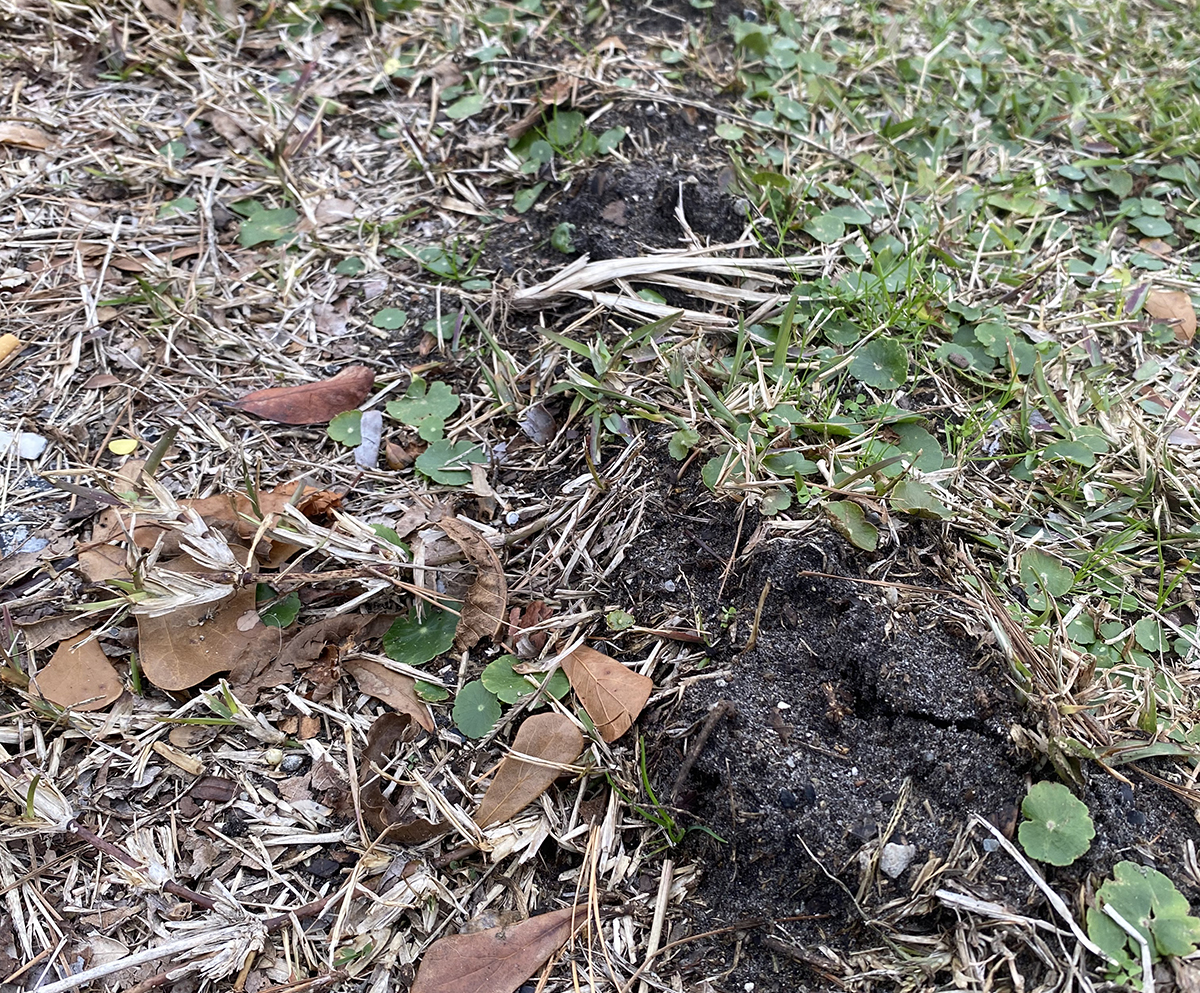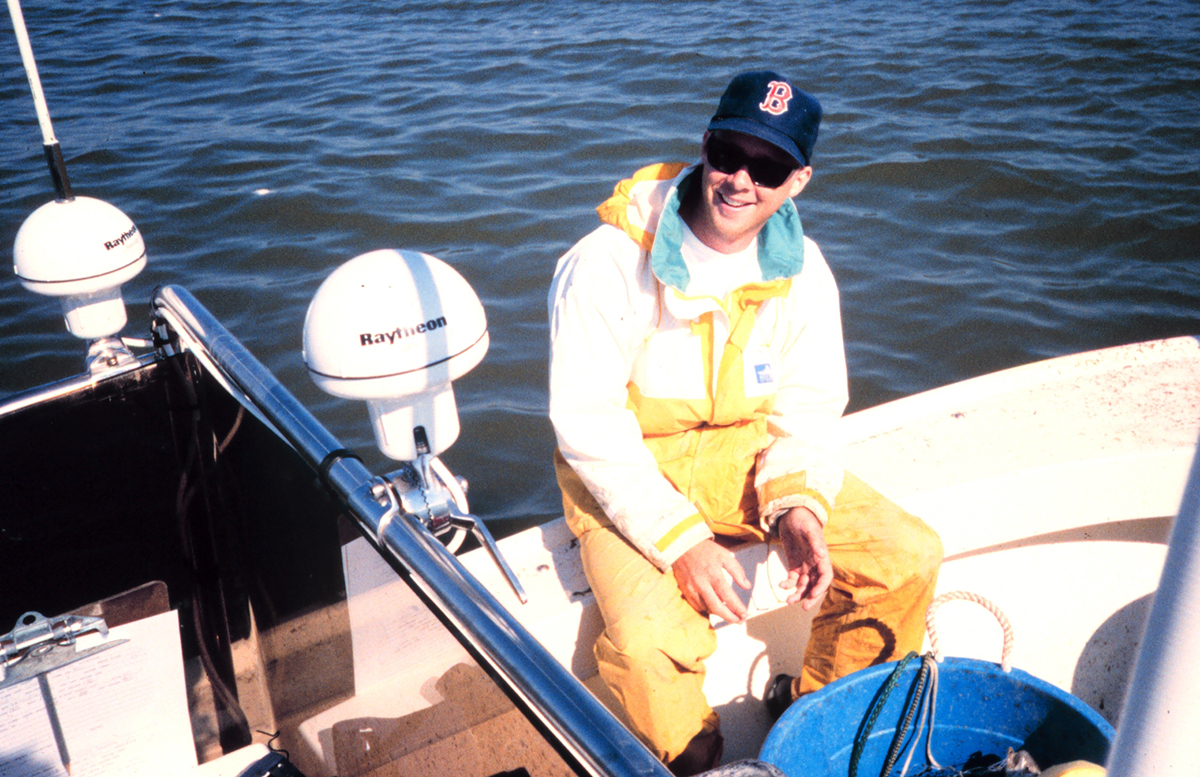
Reid Wilson does not disagree with those who tell him he had the best job in state government.
He loved being secretary of the North Carolina Department of Natural and Cultural Resources.
Supporter Spotlight
It’s a role he said he’s going to “miss terribly” when he steps in Monday as head of the state Department of Environmental Quality, a position appointed to him by Gov. Josh Stein.
“But I think now is a time of important opportunities and challenges in terms of public health and environmental protection and moving to DEQ brings me back to some of my roots,” he said in a recent telephone interview.
His is a storied environmental career spanning more than a quarter of a century. He’s been an environmental advocate, national political director of the Sierra Club, held three different titles during his tenure of nearly eight years at the U.S. Environmental Protection Agency under the Clinton administration, and a public affairs consultant to national environmental groups.
Outside of work, he’s a husband and father of two adult children. He declares himself the least musically talented in his family. His brother played the French horn in the Toronto Symphony Orchestra for more than 30 years.
Wilson enjoys everything from classical to bluegrass to rock.
Supporter Spotlight
And, he loves to do his laundry.
“I don’t trust anyone else not to shrink something,” he said.
Wilson and his wife left the nation’s capital for Raleigh almost 22 years ago, lured by a job he said his wife was doubtful he would get.
She figured the Conservation Trust for North Carolina would not be interested in out-of-state applicants, Wilson said. He applied anyway.
He would go on to lead the statewide nonprofit as its executive director for 14 years. During that time, the organization’s budget nearly doubled and its success in educational outreach to youth in conservation became a national standard.
Wilson has been with the Department of Natural and Cultural Resources, or DNCR, since 2017, first at the department’s chief deputy secretary. He was appointed secretary in 2020.
Today, he is grateful to call Raleigh home. Sure, he misses the friends he made in Washington, D.C., but not life inside the Beltway.
He relishes the fact that William B. Umstead State Park is a 15-minute drive from his home.
There’s a particular spot just off Company Mill Trail where Wilson often goes when he needs to think through something or make a big life decision.
Sometimes he goes there to not think at all and breathe in the tranquility he finds in the sound of water cascading over boulders and rock slabs in a creek that cuts through the park.
“It’s just a very peaceful spot for me to sort things out. It’s just perfect for sitting and watching the water in the creek go by as it tumbles over some very small falls,” Wilson said.
He is a self-described lover of hiking. Nature is his refuge.
And whenever he gets the opportunity, he indulges in both, which married well with his position as DNCR secretary because it afforded him opportunities to hike when he visited a park or preserve on official business.
He knows the terrain he’ll be visiting as DEQ secretary will be a tad different. He’s looking forward to visiting as many of the department’s coastal reserves as he can.
“I do think one of the things I want to do is get out more, to leave Raleigh and see what’s going on with DEQ work around the state and especially with all of the challenges associated with Hurricane Helene,” Wilson said. “I want to see those challenges for DEQ firsthand.”
Hurricane Helene made landfall in Florida’s Big Bend on Sept. 26, 2024, and charged north through western North Carolina, demolishing communities and killing more than 100 people in this state alone.
Wilson did not see the areas hardest hit by the hurricane when he visited portions of western North Carolina with former Gov. Roy Cooper last fall.
“But I did get a good sense of the amazing challenges ahead and the incredible work being done by people in those communities,” he said. “There are piles and piles and piles of debris still in the affected areas. There are water quality issues in lakes and streams. There are challenges with water and drinking water structure that continue so there will be lots of work that DEQ will be doing to help communities in western North Carolina recover from Hurricane Helene. I think it’s important to see that work to understand it so that, back in Raleigh, we can do everything we can to efficiently help those communities. One thing I’ve learned over and over again is you understand an issue so much better if you actually go there and see it and talk to the people involved.”
He knows the work related to water quality issues will not be isolated to those areas of the state ravaged by the storm.
Tens of thousands of North Carolinians living everywhere from unincorporated, rural communities to towns and cities, including those within the Cape Fear Region, have been grappling with the knowledge their drinking water sources are contaminated with per- and polyfluoroalkyl substances, or PFAS.
PFAS are chemical compounds that are used in the manufacturing of a host of consumer goods from food packaging to water resistant clothing.
While research is ongoing into possible human health effects of these chemicals – there are anywhere from 12,000 to upwards of 15,000 – some have been linked to cardiovascular disease, weakened immune function, various types of cancer and decreased liver and kidney function.
Wilson underscored what he said is a firehose of information that is only starting to trickle in as he takes his new role.
“At this point I have a lot more to study on that issue so that I can speak with a deeper knowledge base,” he said. “Having said that, these are dangerous chemicals that settle in the environment. EPA has set drinking water standards for them that local water utilities must meet to protect their customers.”
The state Environmental Management Commission appears to be moving forward with establishing health standards of PFAS in groundwater, but for only three of eight chemical compounds suggested by DEQ.
The commission’s proposal has been met with a flurry of public backlash as residents demand more protections for their drinking water sources.
“I know there’s conflict about the best next steps to protect people from them, but my hope is to be able to bring together different viewpoints and figure out a way that’s equitable, that protects people from these forever chemicals,” Wilson said.
He has an outline in his head of how he wants the first month to go. There will be meetings with staff, briefings, working with members of the North Carolina Senate on the state confirmation process, and making sure he understands the intricacies of big decisions that will need to be made in his early days with DEQ.
Looking back, Wilson said he’s proud of the dramatic expansion of state park land, trails and other outdoor recreational access in the state park system under his tenure.
The department continues to work hard updating old exhibits at history museums, historic sites and other facilities that share history, expanding their online content, and making sure those exhibits include more perspectives.
He’s particularly proud of the Dueling Dinosaurs exhibit at the North Carolina Museum of Natural Sciences in Raleigh. If you haven’t seen it, you must, he said.
The one thing he’ll miss most about DNCR secretary? Introducing bands that perform at the big music festivals DNCR sponsors in the state.
“Let’s just put it this way, introducing The Avett Brothers three years ago at MerleFest was a big highlight,” Wilson said. “That’s not going to happen anymore. But I am excited about (DEQ’s) mission, which is to protect public health by protecting air quality, water quality, our land and soils and that mission is also critical to strengthening our state’s economy.”







